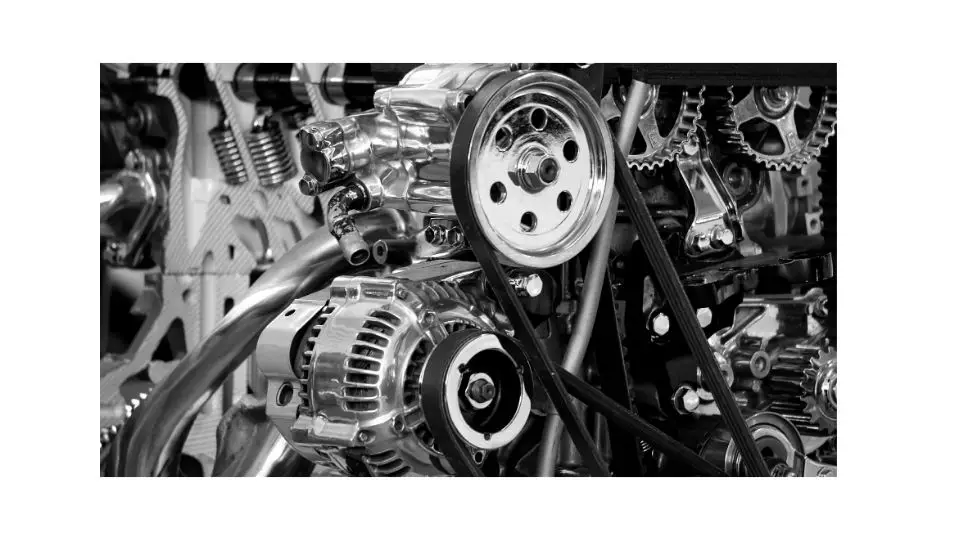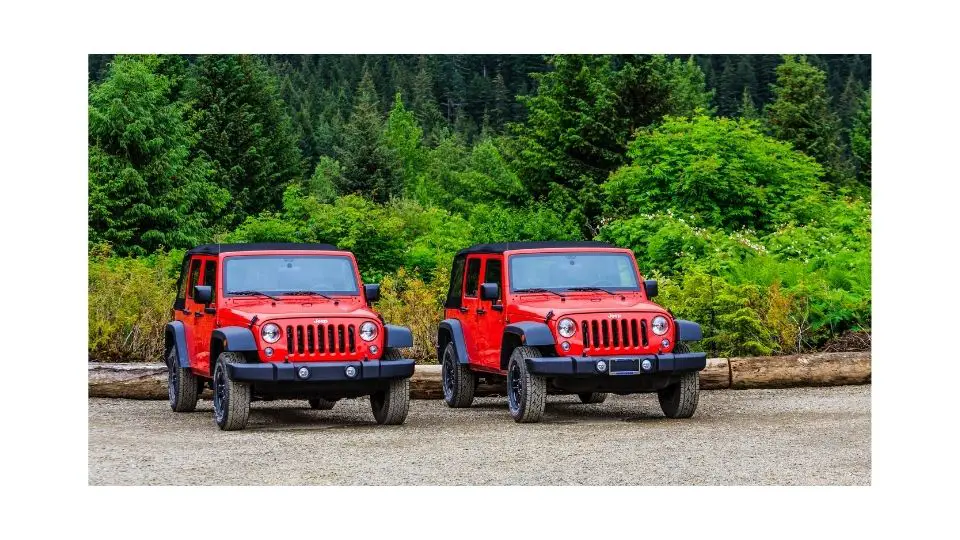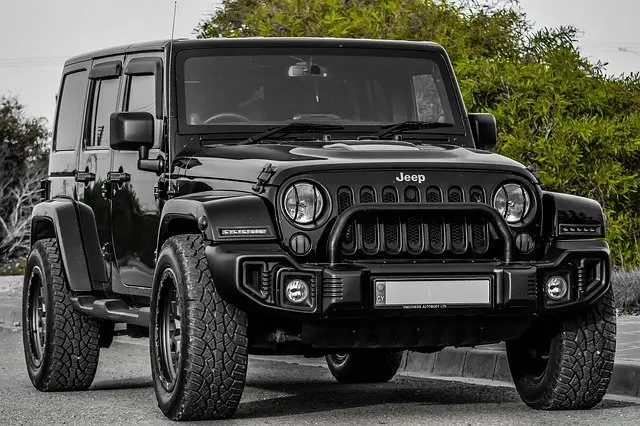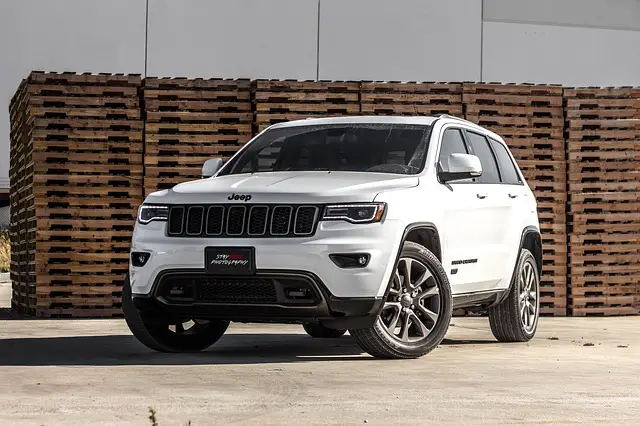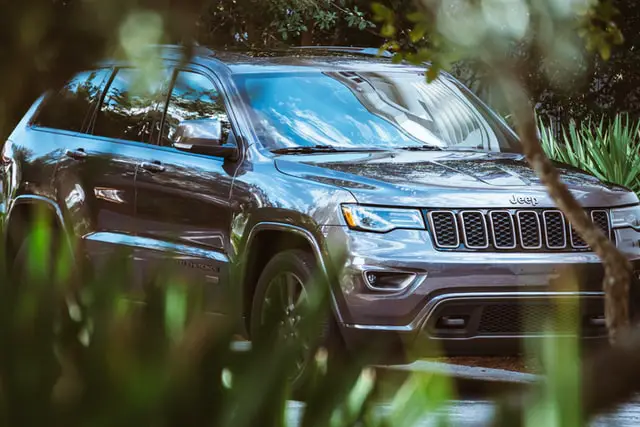Looking to buy a new Jeep that comes with a 4.0 engine but unsure how the reliability of it is? The last thing you want to do is spend money on a car then it ends up breakin. The cost of repairing can quickly add up especially if the cause is the engine.
Fortunately, we have done extensive research on the Jeep 4.0 engine to give you an honest and unbiased answer on the reliability of it, let’s jump straight to it.
What is Jeep 4.0 Engine?
As the name suggests this is a 4.0-liter inline-6 engine that consists of a cast-iron block and cast iron head. The 4.0 engine has 2 valves for each cylinder and does not have a camshaft on top of the engine (unlike most inline-6 engines).
How reliable is the 4.0 Jeep Engine?
With so many inline-6 engines on the market, the Jeep 4.0 engine is one of the best when it comes to reliability. Due to the simplicity of the engine, which stood the test of time going all the way back to the 1960s when it was first introduced.
What makes this engine reliable is the fact that it has no advanced features like variable valve timing and variable valve lift that many modern inline-six engines use, because of this only, only a few things on the engine could possibly break.
These engines can survive unforgiving conditions that would break any engine. The 4.0 engine is almost impossible to break if you serve it the right way.
How many miles will a Jeep 4.0 last?
This is one engine that has very little complaints when it comes to longevity, during the research we found people who drove as high as 240,000 miles and experienced no problems with the engine.
So the engine is said to last 150-300,000 miles before experiencing any common engine issues. Due to the reliability of the Jeep 4.0 engine, you don’t have to worry about it having any problems as long the engine is well taken care of, you should be fine.
Jeep 4.0 Engine Problems
Fortunately, the 4.0 engine has fewer problems than expected, and these problems tend to occur after a long time driving the Jeep. Here are some problems that come with the 4.0 engine
-
- The Engine tend to be hard to diagnose.
- After some time injectors may start to leak.
- Rear main seals may start to leak.
- The oil adapter may start to leak.
- In some cases, the oil pump may fail (uncommon).
- Cylinder heads can crack (0331).
Engine Failure:
In this case, it is one of the most common shortcomings noted by Jeep users. Of course, no one wants to buy a car with a bad reputation.
But you should know that this is not an inevitable problem for this type of engine. After a while, spark plugs can cause sparks at the wrong time. Even if the vehicle is not very old, you should check it.
For a better idea, the engine can start at 100,000 miles. There will be some cracks in the engine.
Oil Leaking:
Even with its unparalleled capabilities in off-road settings, corrosion in the oil cushion can lead to poor performance. This is mainly due to unsightly oil leakage.
It would be best if you had a careful eye to pay attention to the leaking oil, not to leave the source in the jeep. Experts can stop a fuel leak by patching the fuel injectors or buying a new spare hood gasket to replace the rusty one.
Noise:
One of the most common symptoms of a malfunction is excessive noise during engine operation. For some users, this is a concern; for others, it is a very boring factor. Other than that, it’s a symptom trying to tell us something about our jeep.
Defects in the exhaust seals cause one of the most common examples. It just makes a firecracker when it accelerates. On the other hand, it can also be the contact of a valve with the pistons.
If so, it is due to a severe engine failure. The problem with this factor is that the engine does not have the correct oil. Of course, this is not the only reason; this is the first thing you should check.
If the problem persists, you should consult a specialist in the area.
Overheating:
This was a common issue, but a new thermostat treated it. As a result, the thermostat will not turn off completely, which may cause the Check Engine Light to illuminate.
This problem will prevent the engine from reaching normal temperature.
Exhaust Leaks:
Some Jeep engines had a habit of developing exhaust leaks.
Jeep 4.0 was primarily known for this issue. The weak point of the 4 Liter Jeep engine is that the exhaust manifold is prone to cracking.
It cracks a little when the crack is still small but closes a lot when it expands with heat. You can hear a sound when the engine is cold, generally due to an exhaust leak caused by broken exhaust manifold bolts.
How to make a Jeep 4.0 Engine last long?
There are things that you can do to further increase the longevity and reliability of the Jeep 4.0 engine, some of the things include:
- Protect the engine from overheating: This one of the most common causes of engine failure. A fault in the cooling system of your engine will cause the engine to overheat and as a result, the engine will break. To prevent this make sure you do a regular cooling system check-up and maintenance.
- Always take the car to service on time: Whether you brought the Jeep old or new, it is important that you take the vehicle to service when it is due.
- Always check the oil and coolant level before leaving your house: sometimes a small leak may occur which can dry up the engine oil or coolant, that is why it is important to check the coolant and oil level once in a while to ensure the engine is healthy as it will ever be.
When did Jeep stop using the 4.0 engine?
The 4.0 L engine was discontinued after the 2006 model year. It was replaced in the redesigned 2007 JK Jeep Wrangler by Chrysler’s 3.8 L OHV V6. This engine was originally used in the company’s minivans.
Conclusion on Jeep 4.0 Reliability
Jeep 4.0 Engines are well received and appreciated by the market because they are reliable, provide a good amount of torque, and are simple. Fortunately owning a Jeep is a type of engine that will save you a ton of maintenance and breakdown costs.

